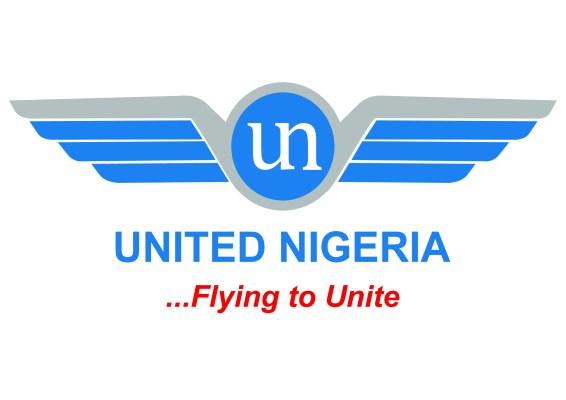Reps move to counter U.S. religious freedom bill targeting Nigeria

The House of Representatives has raised concern over a bill introduced in the United States Senate seeking to designate Nigeria as a “Country of Particular Concern” (CPC) and impose sanctions on some officials for alleged violations of religious freedom.
The proposed Nigeria Religious Freedom Accountability Act of 2025 (S.2747), introduced on September 9, directs the U.S. Secretary of State to apply punitive measures under the Global Magnitsky Act and related authorities.
Benjamin Kalu, presenting a motion at plenary on Wednesday, the Deputy Speaker,alongside other lawmakers, warned that such a move could distort Nigeria’s image, undermine its sovereignty, and strain bilateral relations with the U.S.

The House noted that although the U.S. Commission on International Religious Freedom (USCIRF) has repeatedly recommended Nigeria for CPC designation, its reports often ignore the constitutional guarantee of religious freedom and the government’s efforts to protect all citizens.
Lawmakers stressed that Nigeria’s insecurity is complex—driven by terrorism, banditry, farmer-herder clashes, and separatist violence—rather than a case of religious persecution or state-sponsored oppression.
In its resolution, the House condemned all forms of violence or persecution based on faith, rejected attempts to portray Nigeria’s crisis as religious, and mandated its Committees on Foreign Affairs, National Security, Interior, and Information to coordinate with the Ministry of Foreign Affairs and the Nigerian Embassy in Washington to lodge a formal diplomatic protest within 21 days.

It further called for a Nigeria–U.S. Joint Fact-Finding and Dialogue Mechanism on Freedom of Religion or Belief, to include faith leaders, independent experts, and USCIRF representatives, in order to ensure balanced assessments of the situation.
The Committee on Legislative Compliance was directed to monitor implementation and report back within 28 days. Copies of the resolution are to be forwarded to the Presidency, security agencies, the U.S. Congress, the State Department, the African Union, and ECOWAS.












